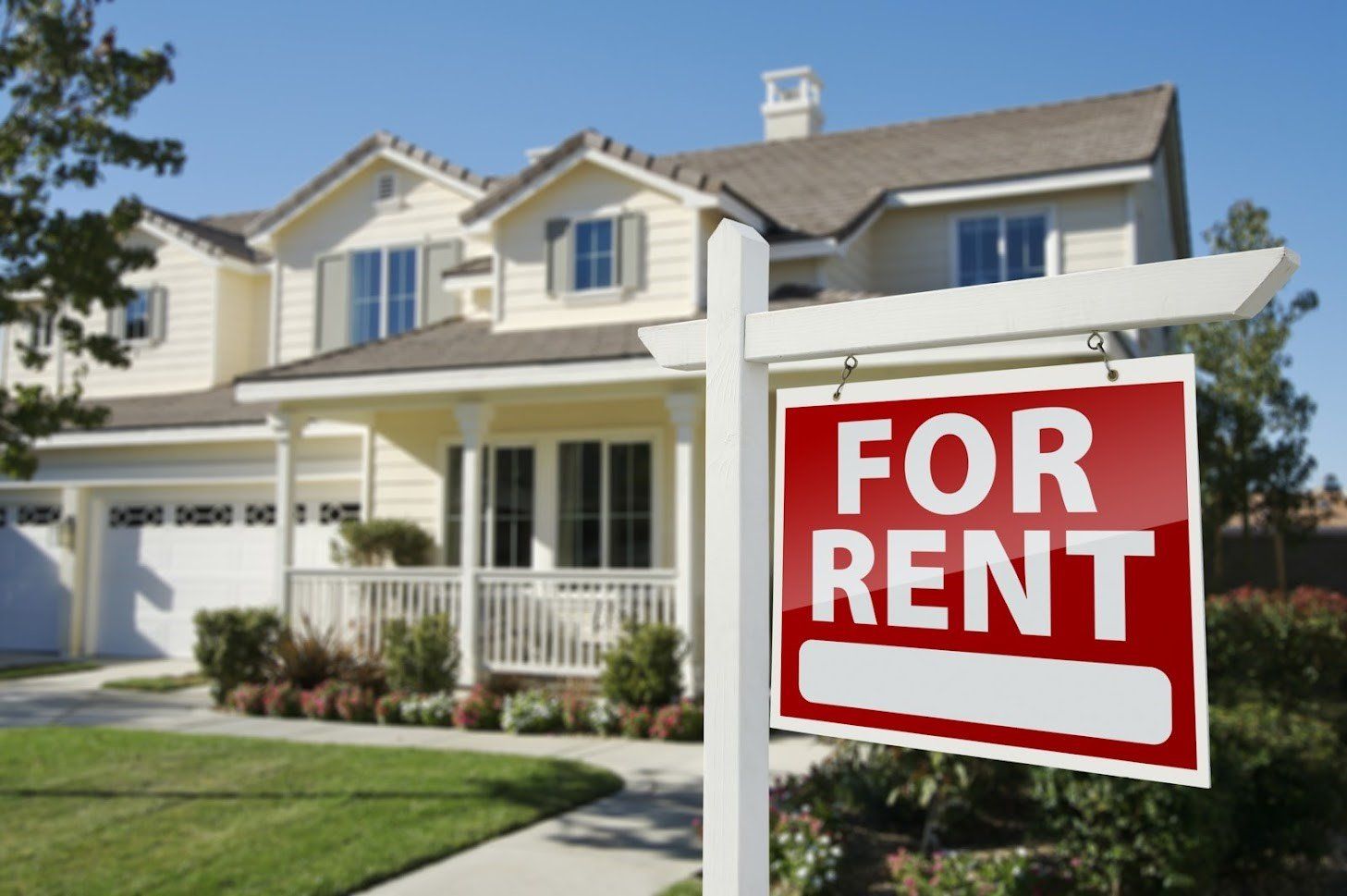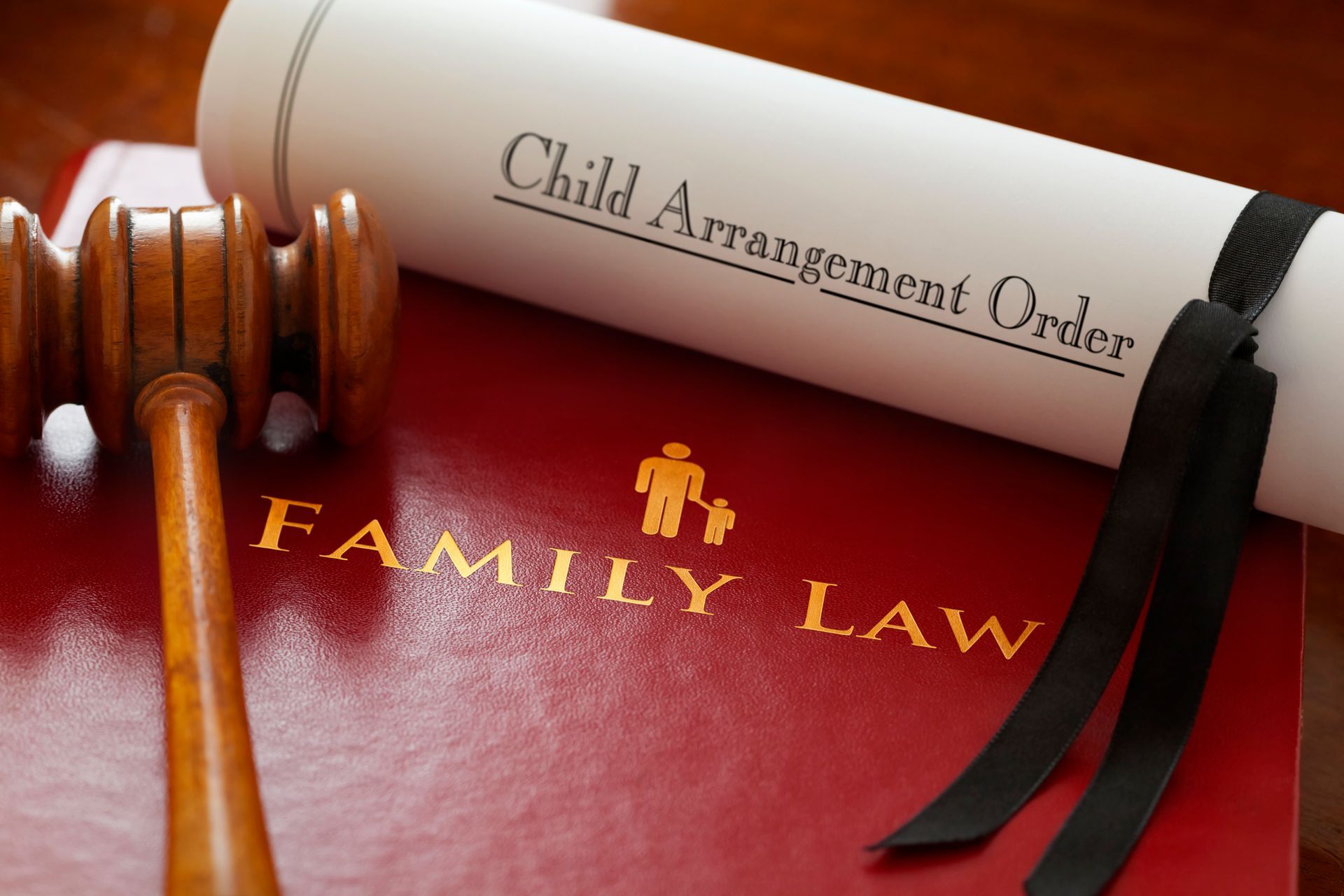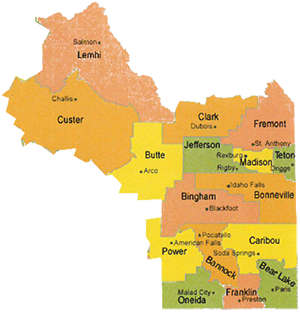Understanding Your Rights as a Renter in the State of Idaho
Renters in Idaho have a lot of rights and protections. Just because you don't own the property doesn't mean you don't have rights that come with maintaining a tenancy. Here is a look at your rights as a tenant and what you can do if the property owner violates those rights.
You Have the Right to Enjoyment of the Premises
The covenant of quiet enjoyment means you have a right to use and enjoy the premises without undue interference from the property owner or other tenants. There are many instances when a landlord must intrude, but there are just as many instances where the intrusion of the property owner can disrupt your enjoyment of the property.
You have several implied but specific rights under this covenant.
A Right to Privacy
The property owner cannot enter or inspect the property without giving notice or in cases not spelled out in your lease agreement. This also applies to agents of the property owner, such as the property management team, or the landlord's repair person.
A Right to Possess and Use
Even though the property isn't yours, you have the right to treat it as if it's yours. As long as you don't violate specific lease requirements or the law, you can mainly do as you please on the property you rent.
For example, if the premises include a yard, you can go ahead and barbeque, host a gathering, or do whatever you want. A violation of this right can occur if a landlord tries to restrict your use of the premises without any legal reasoning. Basically, if your lease and rent include the yard or other premises, then you have the right to treat them as yours.
The moment a landlord says you cannot do this or that on the premises, without legal justification or another consideration, such as neighbor complaints, then you can feel free to let the landlord know that you do, in fact, have the right to continue as you were.
A Right to Peace and Quiet
The covenant of quiet enjoyment also extends to you having some peace and quiet on the premises. If other tenants make an unreasonable amount of noise that disrupts your peace and quiet, the landlord needs to do something about it if those who make the noise are also tenants of the property owner.
You should expect a reasonable amount of noise depending on the premises, its location, and the people around you. However, when it's in the property owner's power to do something about it, they have an obligation to do so.
A Right to Basic Utilities
Basic utilities include things like water, heat, and electricity. A property owner that doesn't provide these things is in violation of your rights as well as the law. This also applies when a landlord doesn't fix these utilities in a timely fashion. Violations of this nature are also violations of the implied warranty of habitability which dictates if a property is fit for human habitation.
A Right to Safety and Security
The property must have adequate and reasonable safety and security measures in place. You should have locks on your doors and potential hazards should be kept to an absolute minimum. A landlord violates this right if they fail to tell you about a hazard or refuse to fix one.
The right to safety and security can also address things like threats. If another tenant threatens you, the landlord has a responsibility to attempt to do something about that.
You Have the Rights Outlined in Your Lease
If your rental agreement says you have certain rights, then you can exercise those rights without fear of the property owner taking them away. Always remember that your lease is a binding legal contract. If the rights outlined in the lease don't violate the law or the rights of others, then it's practically set in stone.
Always pay very close attention to your lease agreement. You need to know what's on it and what's not on it. Combined with the rights you have as a tenant in the state of Idaho, you'll find you have quite a lot of power over your tenancy.
You Have the Right to Exercise Your Rights
If you do what you must to exercise your rights as a tenant, the landlord cannot retaliate against you. The property owner cannot terminate your lease, refuse to renew your lease, increase your rent, or cut you off from premise services and amenities because you filed a complaint or otherwise exercised your rights.
As you have the right to demand your landlord uphold their responsibilities, you are also within your rights to pursue legal action if the landlord refuses to do so. Those remedies can include anything from awarded damages to lease termination.
However, you need to know when you're looking at a real violation of your rights as opposed to suffering an annoyance from the landlord or other tenants. If you think or know your landlord is in violation of your rights, contact Hart Law Offices, P.C., immediately.



















